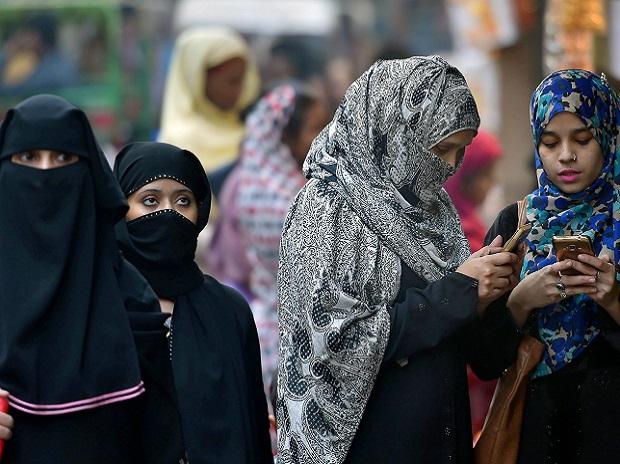As
the finance ministry begins drafting the 2016-17 Union Budget - to be
presented in a mere 12 weeks - Minister of State for Finance Jayant
Sinha told Business Standard on Tuesday that "three or four
themes" would guide the finance ministry through the lengthy and
complex process.
The
first, and major theme, he said, would be the expansion of universal
social security, which he hoped would be a historic accomplishment
for the National Democratic Alliance government. The roll-out of
universal social security would be based on the direct benefits
transfer platform, which he said was already working effectively in
the employment guarantee programme, for the liquefied petroleum gas
subsidy and for pensions and scholarships.
The
second theme in the Budget'16
would be agriculture, "an area where we can do much more".
The minister singled out crop health cards, agricultural credit,
funding for state-led irrigation schemes among others.
The
third theme, Sinha said, would be job creation and the various
associated programmes - 'Make in India', 'Skill India', 'Start-up
India', and so on. The Union government's much-anticipated draft
start-up policy, he indicated, would be finalised soon but probably
not made public till the end of the year or in the New Year.
The
Budget's final theme would be "simplifying the tax structure…
Let us see if the committee we have formed has some suggestions by
then that we can put in the Finance Bill".
The
Budget
drafting process would take place in the context of a recovery in
economic growth that Sinha cautioned was "patchy" - there
were as yet "not enough data points" to determine if it was
broad-based and could be sustained. "The [recently-released] GDP
numbers are good but I want to see a real trend before we can say
that the economy is really and seriously on an upswing."
"You
cannot say in an unalloyed way that the economy is moving", he
added, adding that the government was facing some significant
headwinds: successive below-par monsoons, a commodity meltdown that
had hit sectors such as steel and metals, poor export demand and the
overhang of stressed assets. Given the headwinds, he said 7.4 per
cent growth was "creditable".
He
argued that "every time the Indian economy has done over eight
per cent... it has been when exports are strong". When both
agriculture and exports were struggling, "to really power beyond
7.5 per cent is a tall task".
Nevertheless,
he pointed to the government having turned around India's
macro-economic indicators, including the fiscal deficit, in just over
a year as an important component towards making a recovery possible.
He added that there were several signs, including an increase in the
number of hotel rooms booked for business travel, that domestic
demand had begun to revive around Diwali. When asked if the
government would meet its disinvestment targets - set at an ambitious
Rs 69,500 crore for the ongoing fiscal year - Sinha said simply that
"fiscal deficit targets would be met".
While
granting that the quarterly growth numbers were partly driven by
front-loaded government spending, he insisted that high public
investment could be sustained into the new fiscal year, in spite of
the Seventh Pay Commission award and other fiscal stresses: "We
have modelled the extra expenditure burden for next year. We can
continue to make public investments that are necessary."
On
the prospects for the Goods and Services Tax (GST) Constitution
amendment Bill in this session of Parliament, the minister said that
the government had earlier managed to build consensus - except for
the Congress - in the Select Committee of Parliament, and was "in
consultation with colleagues of the Opposition" in order to
rebuild that consensus.
Sinha
did indicate that the government viewed the GST as just one in a
bouquet of broad structural reforms that it intended to undertake,
which would create both hard and soft infrastructure, with the "right
balance between regulation and market forces".
The
finance ministry's legislative agenda for the winter session of
Parliament extended beyond the GST, he said. The number two priority
was the new bankruptcy bill. "Number three on our agenda is the
legislative action required to form the Public Debt Management Agency
and the Monetary Policy Committee. Apart from that we are working on
arbitration and conciliation laws."
Discussing
reform of state-controlled banks, Sinha said that each leadership
position would be dealt with on a case-by-case basis, and that they
were still open to private sector candidates - if the pipeline of
executive directors within the public-sector banking system was not
strong enough.
The
bank board bureau to advise public-sector banks was a first step
towards a holding company, but there were "several moving parts"
to handle before a second step was taken, he indicated. It would
require legislative approval, and some banks might need to be changed
into corporations, which they at present were not.
Meanwhile,
he stressed the government would continue to look at the
non-performing asset situation, which he said was under control in
absolute terms and would be settled through transparent processes.




No comments:
Post a Comment